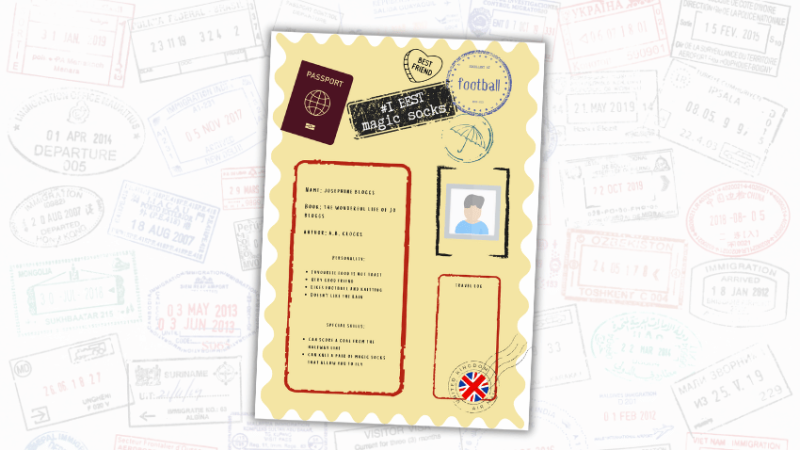We Must Promote Reading for Pleasure at Primary School

Reading for pleasure is a serious business and deserves a protected place in the busy school day, says Clare Sealy

- by Clare Sealy

In a crowded curriculum, the end-of-day story is an easy thing to let slide. It may be an enjoyable, relaxing finale to a busy afternoon, but these very virtues are what make it so easy to marginalise.
Sharing a story with your class, with no learning objectives or success criteria, no plan or AFL, can lead us to believe that it’s a bit of a cop out; that it lacks the rigour of ‘proper’ teaching.
Maybe it’s OK in Early Years and Y1, but once SATs start looming, who has time for such niceties?
However, there is a solid research base that should give us pause before we make this assumption. OECD’s 2002 report into the matter found that reading enjoyment is even more predictive of educational success than familial socio-economic status.
The difference in reading ability between a child who reads for pleasure for 30 minutes a day and those who never read was more than a year. And it’s not just one report; this finding has been confirmed in many other pieces of research.
It may seem a grand claim, but there is plenty of evidence that there is nothing more likely to engender educational success than making sure that the children we teach enjoy reading and choose to do so independently.
And yet we cut back on the very activity that is most likely to develop this love of reading.
Children need to hear stories read out loud by people who do so with relish and enthusiasm; by teachers who adore books. They need to be inducted into a community of literature lovers and story enthusiasts.
This is especially true for the many children who do not get read to at home.
The very least we can do in the face of the overwhelming evidence is make sure we read stories to our children on a daily basis.
But alongside this, there is something else teachers must do if they are serious about getting all their children reading for the sheer pleasure of it.
Fancy book corners might look impressive; dressing up and taking part in World Book Day activities is all well and good; reward schemes might have some effect (although we want children reading for pleasure and not for points or prizes).
But the thing that will really make the difference is if you read lots of children’s literature yourself and therefore can genuinely enthuse and encourage children about books you love.
Many pupils need a lot of guidance in choosing a book. It’s no good just expecting every child to love Harry Potter or Diary of a Wimpy Kid, or to find their perfect title unaided. As teachers, we need to do serious work behind the scenes.
While you may not have to plan your end-of-day reading session, you should be committing serious amounts of time to reading.
If you are not picking up at least one children’s novel every couple of weeks or so, you won’t develop the breadth of knowledge about kidlit you need to be able to advise and inspire the individual children in your class.
But it’s not just the 3pm story that needs curriculum time devoted to it. Space during the week for children to select their own choice of reading book from a carefully curated selection, with adult input, in an unhurried and relaxed fashion, is also vital.
Pupils also need at least some time each week within the school day to read just for the pleasure of it. If we don’t give this – and it doesn’t have to be every day but must be more than once a week – then how can we bemoan the fact that our children don’t read for pleasure at home?
If we don’t value it enough to ringfence some curriculum time, then why should the children?
This time should not be ‘silent reading’. Children need to understand that reading is a social activity; that it is fun to talk about the books you’ve read with someone else; to make your own recommendations to your friends and teacher.
If you are looking for more guidance in how to develop reading for pleasure in your classroom, help is at hand via the excellent reading for pleasure website at researchrichpedagogies.org.
Based on a research project that looked at reading for pleasure in 27 schools, it provides help and support for teachers serious about the business of reading for pleasure.
Clare Sealy is a primary headteacher in Bethnal Green, London. You can find her at primarytimery.com and on Twitter at @claresealy.










